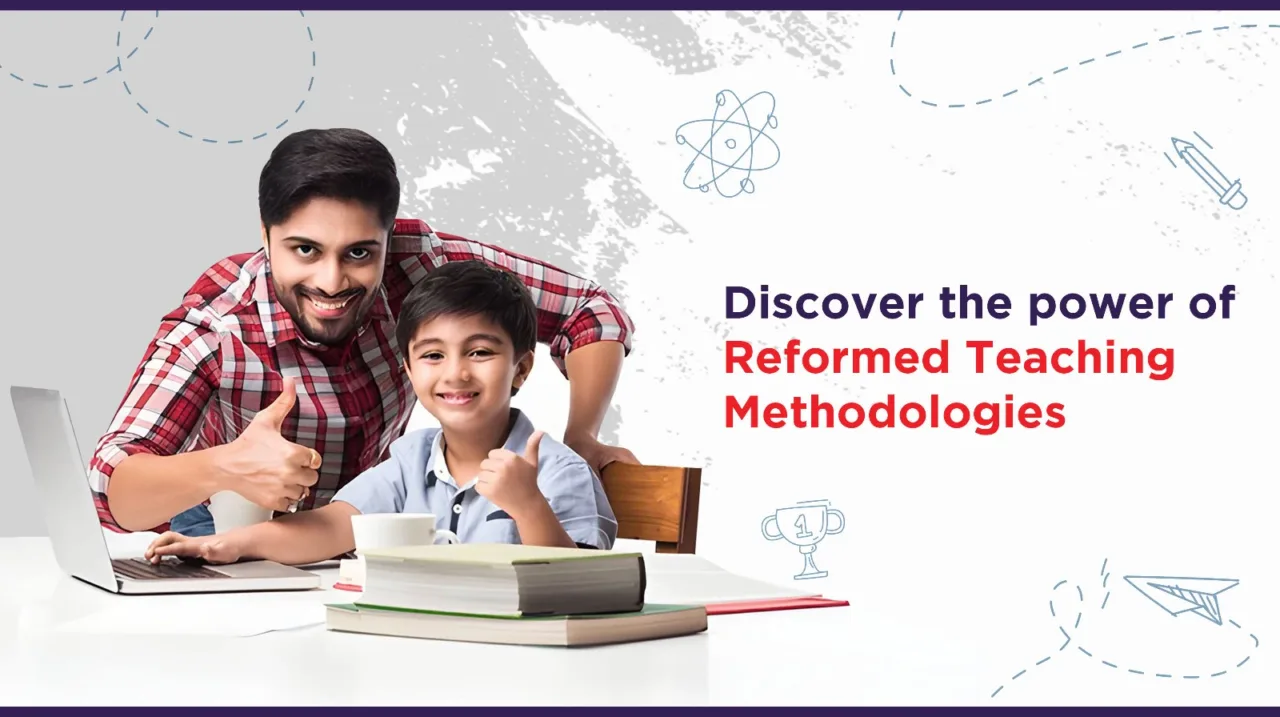At Radcliffe Group of Schools, we believe that traditional teaching methods are due for a transformation. The emphasis on rote learning and high-stakes testing has been criticised for its limitations in preparing students for success in the 21st century. It’s time to rethink our approach to education and focus on competency-based learning, critical thinking, and problem-solving skills.
Competency-Based Learning
Competency-Based Learning (CBL) is an educational approach that emphasises measuring students’ mastery of specific skills and knowledge in real-world contexts. It shifts the focus from traditional age-based grade levels to a more personalised, mastery-based progression.
Key Principles of Competency-Based Learning:
- Focus on Application: Students learn by applying concepts to real-world scenarios, making learning more relevant and engaging.
- Mastery-Based Progression: Students progress through levels of proficiency as they demonstrate mastery of competencies, rather than being promoted based on age or seat time.
- Personalised Learning: Learning is tailored to individual students’ needs, interests, and abilities.
- Emphasis on Deeper Learning: CBL prioritises critical thinking, problem-solving, communication, and collaboration skills.
Implementation at Radcliffe
At Radcliffe Group of Schools, we are committed to providing a student-centered education that prepares our students for success in the 21st century. Here’s how we implement Competency-Based Learning:
Student-Led Conferences: Students take ownership of their learning by leading conferences with teachers and parents, showcasing their mastery of competencies.
Field Visits: Hands-on learning experiences through field visits, allowing students to apply theoretical concepts to real-world scenarios.
Guest Lectures: Expert guest speakers share industry insights, providing students with practical knowledge and applications.
Music and Dance: Integrating arts into education, fostering creativity, critical thinking, and self-expression.
Focus on Extra-Curricular: Encouraging students to explore interests beyond academics, developing well-rounded individuals.
Personalised Teaching: Tailoring instruction to meet individual students’ needs, interests, and abilities, ensuring a deeper understanding of subject matter.
By incorporating these innovative approaches, we empower our students to become active learners, critical thinkers, and problem-solvers, ready to thrive in an ever-changing world.
Benefits of Reformed Teaching Methodologies
The benefits of reformed teaching methodologies are numerous:
– Improved student engagement: By focusing on real-world applications, students are more likely to be engaged and motivated in their learning.
– Enhanced critical thinking and problem-solving skills: Competency-based learning encourages students to think critically and approach problems in a logical and methodical way.
– Better preparation for real-world challenges: By focusing on competencies, we can ensure that students are prepared for the challenges they will face in their future careers.
– More accurate and comprehensive assessment of student learning: Competency-based assessments provide a more accurate and comprehensive picture of student learning, allowing teachers to tailor instruction to meet individual needs.
Technology-Enabled Reforms
Technology can facilitate reforms in teaching methodologies in the following ways:
– Providing personalised learning experiences tailored to individual students’ needs and abilities
– Offering real-time feedback to students, allowing them to track their progress and identify areas for improvement
– Delivering data-driven insights to teachers, enabling them to refine instruction and improve student outcomes
– Enhancing accessibility and inclusivity for all students, regardless of their background or abilities
At Radcliffe Group of Schools, we believe that technology can be a powerful tool in enhancing student learning outcomes. By leveraging technology, we can create a more effective, efficient, and engaging learning environment that prepares students for success in the 21st century.
Conclusion
Reforms in teaching methodologies are crucial for improving student learning outcomes. By adopting competency-based learning, leveraging technology, and focusing on critical thinking and problem-solving skills, we can create a more inclusive and supportive education system. Join the movement towards a more student-centred education system.




